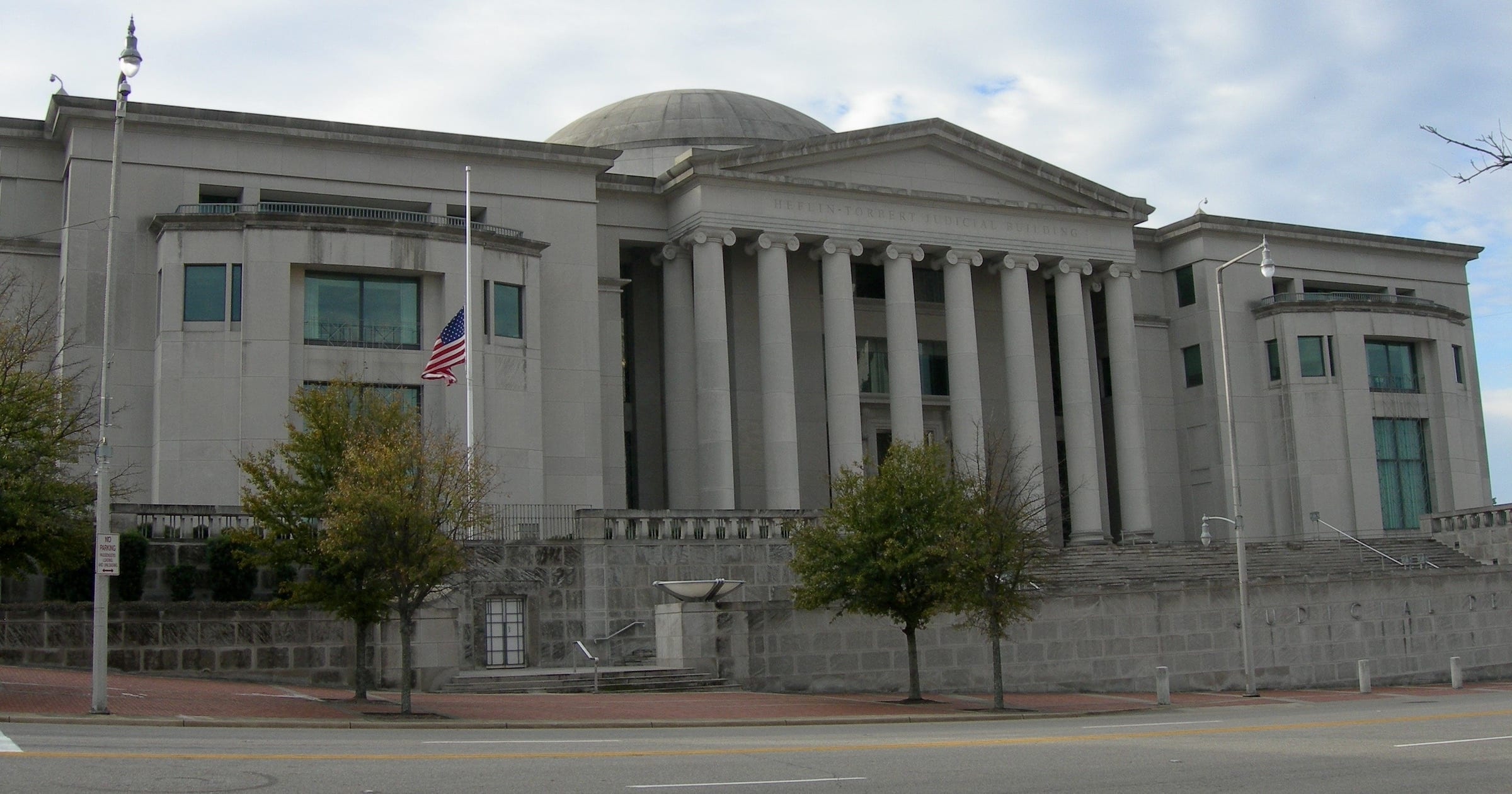 Culture & Ethics
Culture & Ethics
 Medicine
Medicine
Are IVF Human Embryos “Children”?

Recently, the Alabama Supreme Court ruled that human embryos accidentally killed in an IVF clinic mishap are considered children under Alabama law. Thus their deaths could be a basis for civil litigation by their parents. Dr. Steven Novella, an associate professor of neurology at Yale University, has posted a commentary on the decision titled “Frozen Embryos Are Not People”:
Amid much controversy, the Alabama State Supreme Court ruled that frozen embryos are children. They did not support their decision with compelling logic, with cited precedence (their decision is literally unprecedented), with practical considerations, or with sound ethical judgement. They essentially referenced god [sic]. It was a pretty naked religious justification.
NEUROLOGICA BLOG, FEBRUARY 27
Assertions of “pretty naked religious justification” — if they were made in the Court’s ruling, which they were not — would have a venerable basis in American law, to wit,
We hold these truths to be self-evident, that all men are created equal, that they are endowed by their Creator with certain unalienable Rights, that among these are Life, Liberty and the pursuit of Happiness. That to secure these rights, Governments are instituted among Men, deriving their just powers from the consent of the governed…
All our unalienable rights, enshrined in American law, and our system of government that secures our rights are — according to our Founding Fathers and explicitly asserted in our founding document — endowed by our Creator. Notwithstanding the obvious religious basis for American law and government, the Alabama justices did not base their decision on religious considerations at all (as we will see below).
Along with flubbing American history, Novella criticizes the ruling for lack of precedent, inadequate practical considerations, and absence of sound ethical judgement.
He couldn’t be more wrong — the Court cited clear precedent, did consider practical considerations, and applied very sound legal and ethical judgement.
The Facts of the Case
The plaintiffs were the parents of the embryos. The fact that they were the parents inherently means that the embryos were their children. They sued the fertility clinic under Alabama’s Wrongful Death of a Minor Act, based on the premise that human embryos are young human beings and that wrongful death of a young human being (a minor) is actionable in civil law. The Alabama justices ruled:
The central question … is whether the Act contains an unwritten exception to that rule for extrauterine children — that is, unborn children who are located outside of a biological uterus at the time they are killed. Under existing black-letter law, the answer to that question is no: the Wrongful Death of a Minor Act applies to all unborn children, regardless of their location.
So the ruling was based on black-letter law, not on “religious justification” — I was unable to find any religious justification whatsoever in the Court’s meticulously reasoned ruling, which included extensive citation of precedent.
Ingrid Burke Friedman, editorial director at The Jurist, explained in more detail:
1) [The Justices ruled that] the Act “applies to all children, without exception.” In addition to reviewing state case law, the court pointed to the 1864 edition of Webster’s dictionary, which was in circulation at the time of the law’s 1872 passage, which defined “child” as “the immediate progeny of parents.” It also argued that “as far back as the 18th century, the unborn were widely recognized as living persons with rights and interests,” citing Dobbs v. Jackson Women’s Health Org., the 2022 US Supreme Court case that overturned Roe v. Wade.
2) There is no legal precedent to “compel the creation of an unwritten exception for extrauterine children.” The defendants, which included the fertility clinic, had argued that there must be congruity between the definition of a person under state criminal and civil law, and that state homicide laws don’t encompass extrauterine embryos as victims, and thus the Act cannot be applied. The court determined that even if this premise were true — “a question we have no occasion to reach” — it would not follow that the responsible party would be immune to civil liability.
3) “The defendants’ public-policy concerns cannot override statutory text.” The defendants had also argued that finding extrauterine embryos were children for purposes of the Act would have negative public policy impacts. The court held that public policy fell into the realm of the legislature, not the judiciary. “It is not the role of this Court to craft a new limitation based on our own view of what is or is not wise public policy,” the decision read.
Did Steven Novella Even Read the Ruling?
The Court was simply affirming the black-letter text of the law and refusing to usurp the role of the legislature by creating new law outside of the legislative process. Contra Dr. Novella, I could find no reference to God as the basis for the Court’s ruling. The only reference to “god” was in Novella’s own blog post.
Novella gives little evidence of knowing much about the ruling or about the legal issues involved. The Court supported the decision with compelling logic (i.e., the actual text of the law); they cited precedents meticulously and abundantly, they considered practical implications for public policy, and they used very sound ethical judgement (i.e., they ruled according to the law).
The Alabama Supreme Court ruling was exemplary jurisprudence. If the people of Alabama want human embryos to be removed from protection under the Wrongful Death of a Minor Act, they can ask their state legislators to enact such an exemption. If Novella disagrees with the Alabama state law as it stands, he should direct his complaints to Alabama state legislators. One hopes that Novella’s complaint to the legislators would, unlike his blog post, have some basis in fact.
Cross-posted at Mind Matters News.
